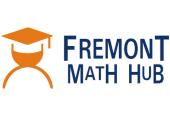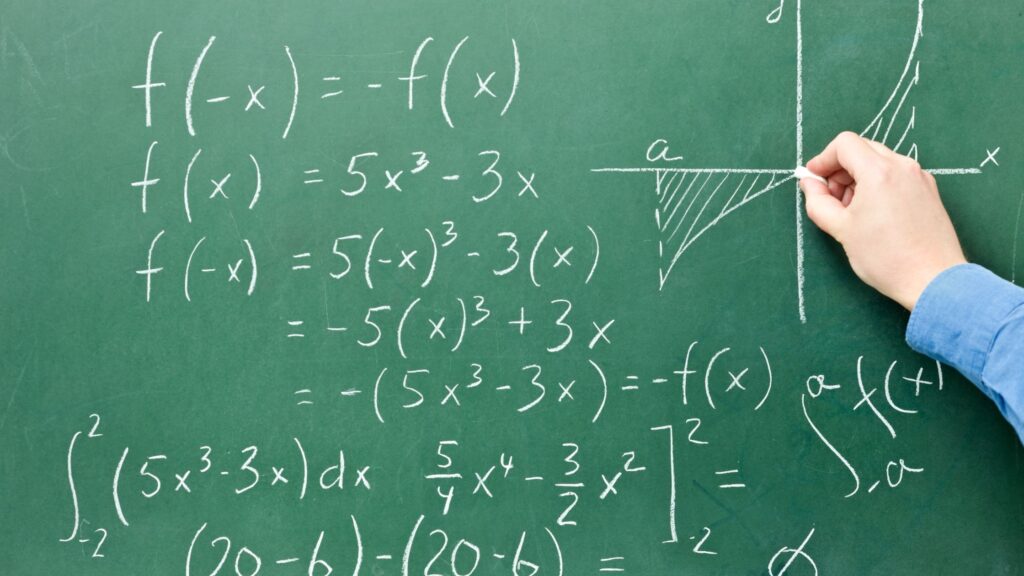Competing in math olympiads pushes students to go beyond what they learn in the classroom and explore advanced mathematical ideas. Doing well in these competitions takes more than just memorizing formulas—it requires clear logical thinking, strong problem-solving skills, and smart preparation. Math Olympiad preparation gives students the confidence and strategies they need to solve tough problems, work faster, and improve accuracy. Learning useful competition math tricks can also help tackle challenging questions more efficiently. In this article, we share practical strategies, proven techniques, and expert tips to help students succeed in math competitions while enjoying the process of learning mathematics.

Why Math Olympiad Preparation Matters
Math Olympiad preparation is essential for students aiming to excel in competitive mathematics. It goes beyond traditional classroom lessons, pushing learners to strengthen their logical reasoning, critical thinking, and analytical skills. This kind of preparation encourages students to tackle challenging problems with creativity and develop a strategic approach to finding solutions. Consistent practice not only builds confidence but also reduces exam-related stress and fosters a deeper appreciation and love for mathematics. By engaging regularly with advanced problems, students become more adaptable, efficient, and ready to face a variety of mathematical challenges.
Understanding the Competition Format
Understanding the structure of math competitions is a crucial step in effective math olympiad preparation. Most competitions consist of multiple rounds, each with questions that vary in difficulty and test different mathematical topics such as algebra, geometry, number theory, and combinatorics. Knowing the format in advance allows students to plan their time efficiently, focus on the sections that carry the most weight, and approach problems strategically rather than randomly. Practicing with past papers and analyzing scoring patterns is equally important, as it helps students identify areas of strength and weakness, recognize common question types, and adjust their preparation accordingly. This targeted approach not only improves performance but also builds confidence, reduces exam-day stress, and helps students approach each round with a clear, focused mindset. Learn more about Math Study Strategies for Students.
Building a Strong Mathematical Foundation
Having a solid foundation in mathematics is a key part of successful math olympiad preparation. Students should begin by mastering basic arithmetic, algebra, and geometry before progressing to more advanced problems. Strong fundamentals not only make problem-solving faster but also help minimize mistakes. Additionally, understanding the core principles allows students to connect ideas across different topics, giving them the confidence to approach unfamiliar or challenging problems effectively. Building this foundation ensures long-term success and prepares learners for higher-level mathematical thinking.
Effective Practice Strategies
- Solve Past Questions: Work through previous math olympiad problems to become familiar with common patterns, question types, and varying difficulty levels. This not only strengthens problem-solving intuition but also boosts confidence when tackling new and challenging problems.
- Attempt Mock Tests: Take full-length practice tests under timed conditions to simulate the real competition environment. This helps improve speed, enhances time management skills, and prepares students to handle exam-day pressure calmly.
- Engage in Timed Exercises: Challenge yourself regularly with short, timed problem-solving sessions. This encourages quick thinking, promotes strategic approaches, and helps students perform efficiently under limited time constraints.
- Reflect on Mistakes: Carefully review errors from practice sessions and explore alternative methods to solve problems. Reflecting on mistakes builds adaptability and improves overall problem-solving skills for future competitions.
- Maintain Consistent Practice: Establish a regular practice routine to reinforce concepts, increase accuracy, and build confidence. Continuous practice ensures steady progress and keeps students well-prepared for any competitive exam scenario.

Enjoying the Process of Learning Mathematics
Competition Math Tricks to Enhance Performance
I. Mental Math Techniques
Developing strong mental math skills allows students to solve problems more quickly and with greater accuracy. Techniques such as quick multiplication, estimation, and identifying number patterns reduce calculation time and help minimize errors. With regular practice, these strategies become second nature, enabling students to tackle complex problems confidently during competitions.
II. Time-Saving Strategies
Managing time effectively is crucial for achieving success in math competitions. Students should begin with easier questions to secure quick points, prioritize problems based on difficulty, and avoid spending too long on a single challenging question. Planning and pacing time carefully ensures that all questions are attempted, reducing stress and improving overall performance.
III. Pattern Recognition
Many math olympiad problems involve repeating patterns or logical sequences. Training to recognize these patterns allows students to solve questions more efficiently and often more creatively. Pattern recognition not only saves time but also strengthens critical thinking skills, which are essential for solving advanced and unfamiliar problems confidently.
The Role of Fremont Math Hub in Your Journey
Personalized guidance can make a big difference in math olympiad preparation, helping students progress faster and build confidence. Fremont Math Hub provides expert tutoring focused on understanding concepts, enhancing problem-solving skills, and using effective competition math tricks.
Their programs support students from grades 4–12 with full syllabus coverage, homework help, online tutoring, and practice tests. They also offer specialized math olympiad preparation to ensure students are ready for competitive exams. With Fremont Math Hub, learners receive structured guidance, access to experienced instructors, and strategies designed to boost performance while encouraging a lasting interest in mathematics.

Conclusion
Excelling in math competitions demands dedication, consistent practice, and carefully planned strategies. By focusing on building a strong mathematical foundation, maintaining effective practice routines, and applying proven competition math tricks, students can significantly enhance their problem-solving abilities, accuracy, and overall confidence. Combining these efforts with personalized guidance from Fremont Math Hub provides learners with expert support, structured learning plans, and tailored strategies that address individual strengths and weaknesses. This comprehensive approach not only maximizes performance but also nurtures a genuine passion for mathematics, helping students enjoy the journey while achieving their full potential in competitive environments.


